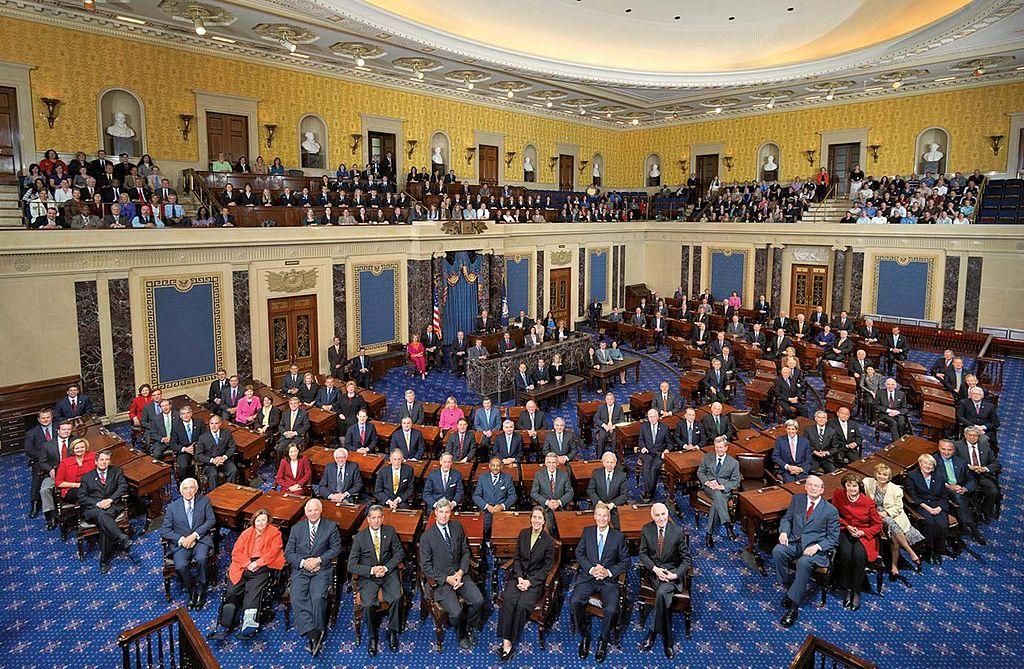The U.S. Senate Budget Committee is scheduled to vote Tuesday, Dec. 5, on the Republican tax overhaul, which passed in the House on Nov. 16, though that date may be pushed off due to last-minute changes. If the Senate Budget Committee votes in favor of the bill, it is possible that it will be voted on by the whole senate, where it would likely face similar challenges.
With party lines very close, Republican lawmakers are trying to avoid losing the maximum two Republican votes that they can afford to lose while still passing the bill, supposing that all Democrats in the senate vote against the bill. That scenario would result in a similar ending to the Obamacare repeal bill which failed in the senate after all Democratic senators and three Republican senators voted against it in July.
While three senators voting against the Obamacare repeal in July was a last-minute revelation that surprised many, two Republican senators, Ron Johnson of
Wisconsin and Steve Daines of Montana, have already said that they will vote against the bill as it is written. Both Johnson and Daines have expressed concern that the bill gives too many tax cuts to large corporations and not enough to small businesses, according to Bloomberg Politics.
At least five other Republican senators — including John McCain of Arizona, who was one of the three who voted against the Obamacare repeal — have expressed concerns over various aspects of the bill. Senate Majority Leader Mitch McConnell, Senate Finance Committee Chairman Orrin Hatch and others, are now trying to make last-minute changes to appease all possible swing votes, according to Politico.
The bill has little room for edits, however, as the bill’s promise to cut taxes while keeping under budget already relies on an estimated .4 percent annual increase in Gross Domestic Product.
The bill promises tax cuts of $1.4 trillion, but can only cost $1.5 trillion over the next ten years, leaving a small margin of error. The cost should be offset by a .4 percent annual increase in GDP expected by some Republican analysts, though that number has been questioned in subsequent independent studies. “What if the growth estimates don’t hit .4 percent?” Commented senator James Lankford of Oklahoma, “Every economist is guessing.”
While last-minute changes to the bill may persuade some outspoken swing voters, they alienate other senators who have told the press that they can’t comment on whether or not they will vote for the bill because its content is in a continuous state of change. Furthermore, changes made to the bill in the senate after having passed in the house will need to be reconciled before the bill can continue, according to Bloomberg Politics.
Other senators, including Rand Paul of Kentucky, have said that their approval of the bill relies on its inclusion of the repeal of the Obamacare individual mandate, which may pose a problem for other senators, including those who voted against Obamacare repeal this summer. “Will we keep our word and cut taxes? Will we do what we campaigned on and repeal the Obamacare mandate? I will fight for both,” Paul told Bloomberg.


